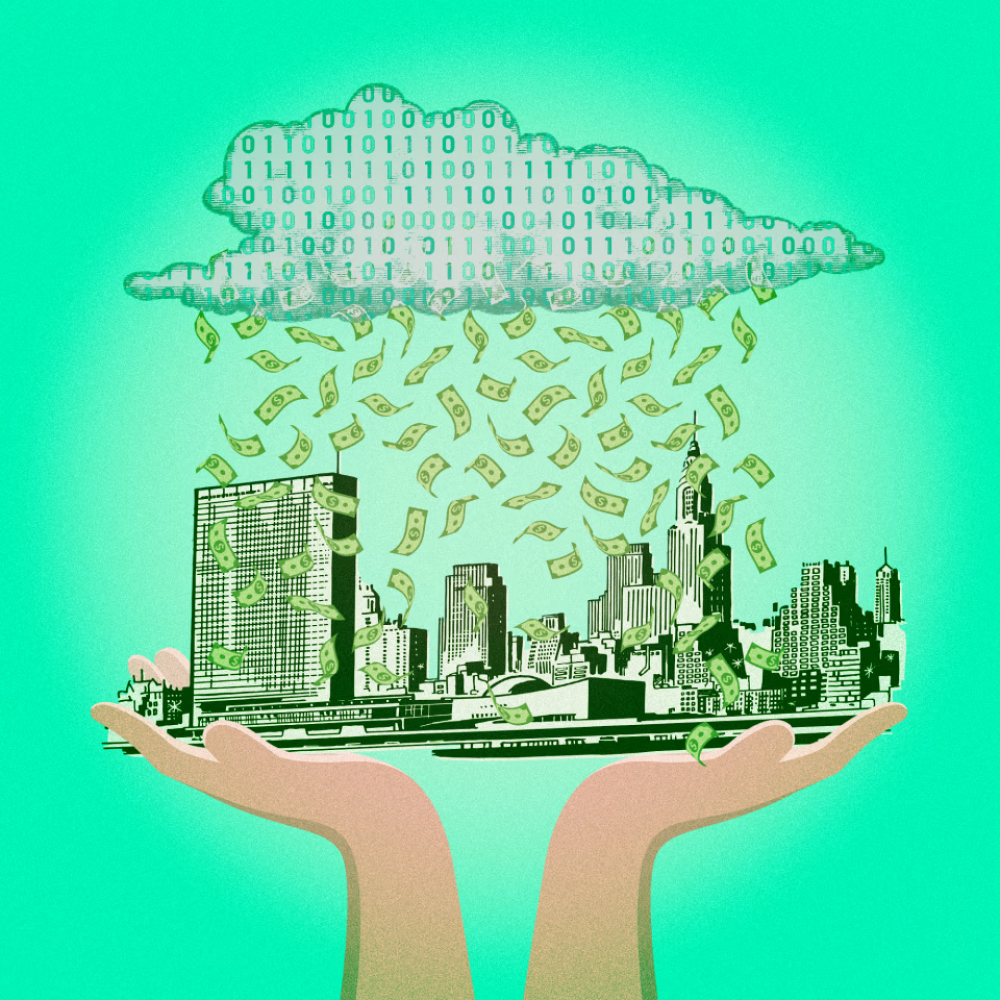Illustration: Emil Lendof/WSJ, iStock

GPT-5 gây thất vọng về đột phá nhưng có thể là nước cờ kiếm tiền khôn ngoan của OpenAI
-
Ngày ra mắt GPT-5 được quảng bá rầm rộ, Sam Altman ví đây là cột mốc như iPhone Retina, đăng ảnh Death Star trên X khiến kỳ vọng tăng vọt.
-
Người dùng mong đợi đột phá lớn so với GPT-4, nhưng trải nghiệm cho thấy cải tiến chủ yếu là tốc độ, chi phí và giảm ảo giác, khiến nhiều người thất vọng.
-
Một số lỗi lan truyền trên mạng: GPT-5 khẳng định có 3 chữ “b” trong “blueberry”, không đếm đúng tên bang chứa chữ “R”, vẽ bản đồ Mỹ với các bang giả và gán Nevada vào California.
-
Người dùng tìm kiếm hỗ trợ cảm xúc thấy GPT-5 “lạnh lùng”, kém đồng cảm, dẫn đến phản đối mạnh mẽ buộc OpenAI tạm khôi phục GPT-4o.
-
Các chuyên gia AI như Gary Marcus gọi GPT-5 là “overdue, overhyped and underwhelming”; nhiều bình luận Reddit chê “rác nóng”.
-
OpenAI xoay trục truyền thông, nhấn mạnh GPT-5 tối ưu “tính hữu dụng thực tế”, giảm ảo giác, tách biệt sự thật và phỏng đoán, hỗ trợ trích dẫn nguồn.
-
Về viết lách, nhiều người nhận xét GPT-5 kém tinh tế, ít cảm xúc hơn GPT-4o; ngay cả ví dụ so sánh trong tài liệu marketing cũng không thuyết phục.
-
Lĩnh vực nổi bật là lập trình: GPT-5 dẫn đầu bảng xếp hạng AI coding, vượt Claude của Anthropic; demo gồm game, công cụ pixel art, mô phỏng trống, visualizer.
-
Dù thử nghiệm cho thấy còn lỗi với dự án phức tạp, GPT-5 thành công ở tác vụ coding đơn giản, phù hợp thị trường doanh nghiệp sẵn sàng chi nhiều cho AI lập trình.
-
OpenAI cũng quảng bá năng lực y tế của GPT-5, nhưng chưa được kiểm chứng rộng rãi.
-
Benchmark cho thấy GPT-5 tốt hơn thế hệ trước nhưng cải tiến không đột phá; các chuyên gia coi đây là bước tiến nhỏ đúng hướng.
-
Chiến lược nhắm đến khách hàng doanh nghiệp, hợp đồng chính phủ, và tăng độ tin cậy lập trình cùng giảm ảo giác có thể mang lại lợi nhuận lớn hơn so với việc chỉ “gây ấn tượng” với người dùng cá nhân.
📌 GPT-5 không đạt kỳ vọng “đột phá” sau 2 năm chờ đợi, chủ yếu cải thiện tốc độ, chi phí và độ tin cậy. Dù bị chê kém tinh tế và thiếu cảm xúc, mô hình lại tỏa sáng ở lập trình, đứng đầu bảng AI coding, hứa hẹn lợi nhuận từ thị trường doanh nghiệp và hợp đồng lớn — một hướng đi thực dụng dù ít hào nhoáng.
https://www.wsj.com/tech/ai/universal-income-tech-executives-a16eb2d0
What Musk, Altman and Others Say About AI-Funded ‘Universal Basic Income’
Silicon Valley’s latest buzzword envisions a future in which AI generates a surge of new wealth shared among the masses
Illustration: Emil Lendof/WSJ, iStock
Thảo luận
Follow Us
Tin phổ biến




Conversation373 Comments
Conversations on news articles and news columns must be kept on the topic of the story. In opinion content, conversations can delve into other subjects. The conversation will close on this article four days after publication.